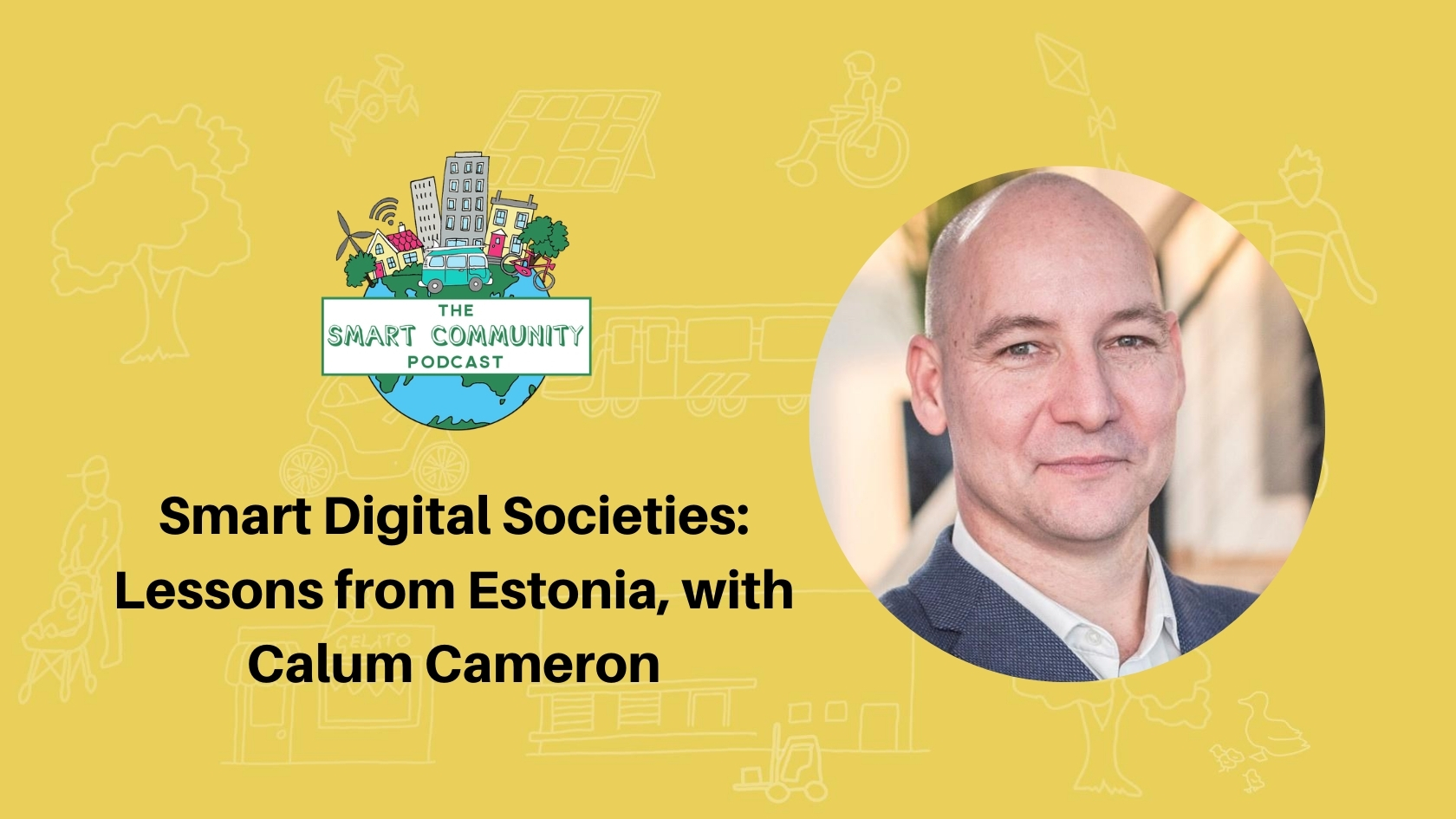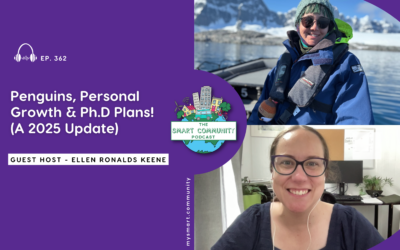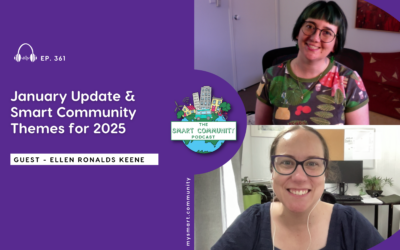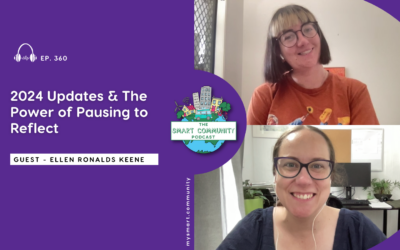In this episode of the Smart Community Podcast, I have a really interesting conversation with Calum Cameron, an Aussie based in Estonia, which is the world’s first digital society and Europe’s favourite startup ecosystem. Responding to the COVID-19 lockdown in Estonia he helped trigger the Hack the Crisis movement and was an organiser of The Global Hackathon which combined, connected more than 250k people from over 100 countries to develop and implement immediate solutions to the crises, which we talk about in this episode. We start by discussing Calum’s background in IT helping the financial services digitalise, and how he came to be in Estonia. Calum then shares with us a history of Estonia, why they focused heavily on digitalisation in the 1990s, plus some of the interesting ways that manifests, like their digital citizen or e-residency program. Calum tells us how he got into this Smart Community space and why a diverse cross section from society is so important in getting different perspectives and different skill sets to best leverage the technology that’s out there to solve community problems. We talk about how Smart concepts are understood by the general public in Estonia, including how data sharing works between agencies to make renewing your drivers licence a smooth process. Calum and I talk about the importance of trust and the social license to operate in digital societies, and how both public and private sectors in Estonia have intentionally invested in the affordability and reliability of digital infrastructure, as well as dedicated digital education and engagement programs to improve digital literacy in the whole population. We finish our chat discussing the opportunities and challenges of e-learning and digital collaboration, including his work with the recent digital hackathons, plus Calum’s favourite resources in the Smart Community space. At one point we also mention Smart Community festivals and I say in the interview that I discussed it with Martin Tomitsch in his episode but no, it was actually Heath Raftery who I spoke to in Episode 113 about Smart Regions, so we’ve linked all those episodes up in the show notes too. As always we hope you enjoy listening to this episode as much as we enjoyed making it.
Listen here:
What we cover in this episode:
- Calum’s background in IT helping the financial services digitalise
- How he came to be in Estonia, after growing up in Tennant Creek in the Northern Territory of Australia
- A brief history of Estonia and why they focused heavily on digitisation in the 1990s
- Some of the interesting aspects of Estonia’s digital society, including their digital citizen or e-residency program
- How Calum got into the Smart Community space and what Smart means to him
- Why a diverse cross section from society is so important in getting different perspectives and different skill sets to best leverage the technology that’s out there to solve community problems
- How Smart concepts are understood by the general public in Estonia
- The way data sharing works between agencies in Estonia to make renewing your drivers licence a smooth process
- How data privacy is handled in Estonia in that data sharing process, such as permissions around sharing of medical records between agencies
- The importance of trust and the social license to operate in digital societies
- How both public and private sectors in Estonia have intentionally invested in the affordability and reliability of digital infrastructure
- The dedicated digital education and engagement programs in Estonia to improve digital literacy in the whole population
- The double edged sword of data: how it can be used for positive outcomes and manipulated for nefarious means
- The opportunities and challenges of e-learning and digital collaboration, including Calum’s work with the recent digital hackathons
- Calum’s favourite resources in the Smart Community space.
Quotes:
“I’m passionate about…the way you can actually connect up all of society and see what emerges from that and how we can take the experience from here in Estonia out to the rest of the world…to see how we can take the advantages of digitalising around the world to activate people everywhere.”
“It’s only by pulling together all of these different resources, these different ideas and these people from different parts of society, that you’ll actually start coming up with genuinely ambitious, exciting new ideas. And it’s only by bringing them all together that you’re actually going to be able to implement them with some sort of scaled impact.”
“Trust is obviously fundamental to being able to build this digital society, because a digital society is built on shared data, and if you can’t trust that that’s being protected, that you’ve got control over it, then it’s not going to work. And I guess this is one of the limitations that we still have in Australia.”
“In Estonia, by and large society trusts not necessarily government, but government agencies with their data, because historically the agencies have proved, firstly, that they can be trusted with the data and secondly, that they can create value for us from that data, through automating all the services through getting rid of the friction in day to day life. Australian Governments have struggled doing that, in fact, they’ve gone in the other direction and increasingly lost people’s trust. Because they haven’t been able to create value from the data for people, and they have actually spent a lot of money on big failed projects.”
“A digital society is one where you’ve got the whole of society—not just parts of it—connected through data flows, that actually then people can build the services and amazing new ideas on top of. But it does mean that the whole of society needs to be able to access those services, they need to be able to understand how to use them, and they also need to be able to contribute to what gets built.”
“If you understand people, particularly if you understand them better than themselves, then you can actually start manipulating them quite easily, because you can start providing the information that they need to make the decisions that you want them to make. Amazon, Google and governments are buying into this big time. So I think understanding these sort of challenges is really really important for us to then reflect on not only the potential for digital and the wonderful things it can do, but how we need to design it so it doesn’t get abused.”
Links:
Episode 113 with Heath Raftery
Episode 101 with Martin Tomich
PISA, the OECD’s Programme for International Student Assessment
Future Politics by Jamie Susskind
Connect:
Find the full show notes at: www.mysmart.community
Connect with Calum on LinkedIn or via calum@digitalpath.ee
Connect with me via email: hello@mysmart.community
Connect with My Smart Community via LinkedIn or Twitter and watch on YouTube
The Smart Community Podcast is produced by Perk Digital.






0 Comments